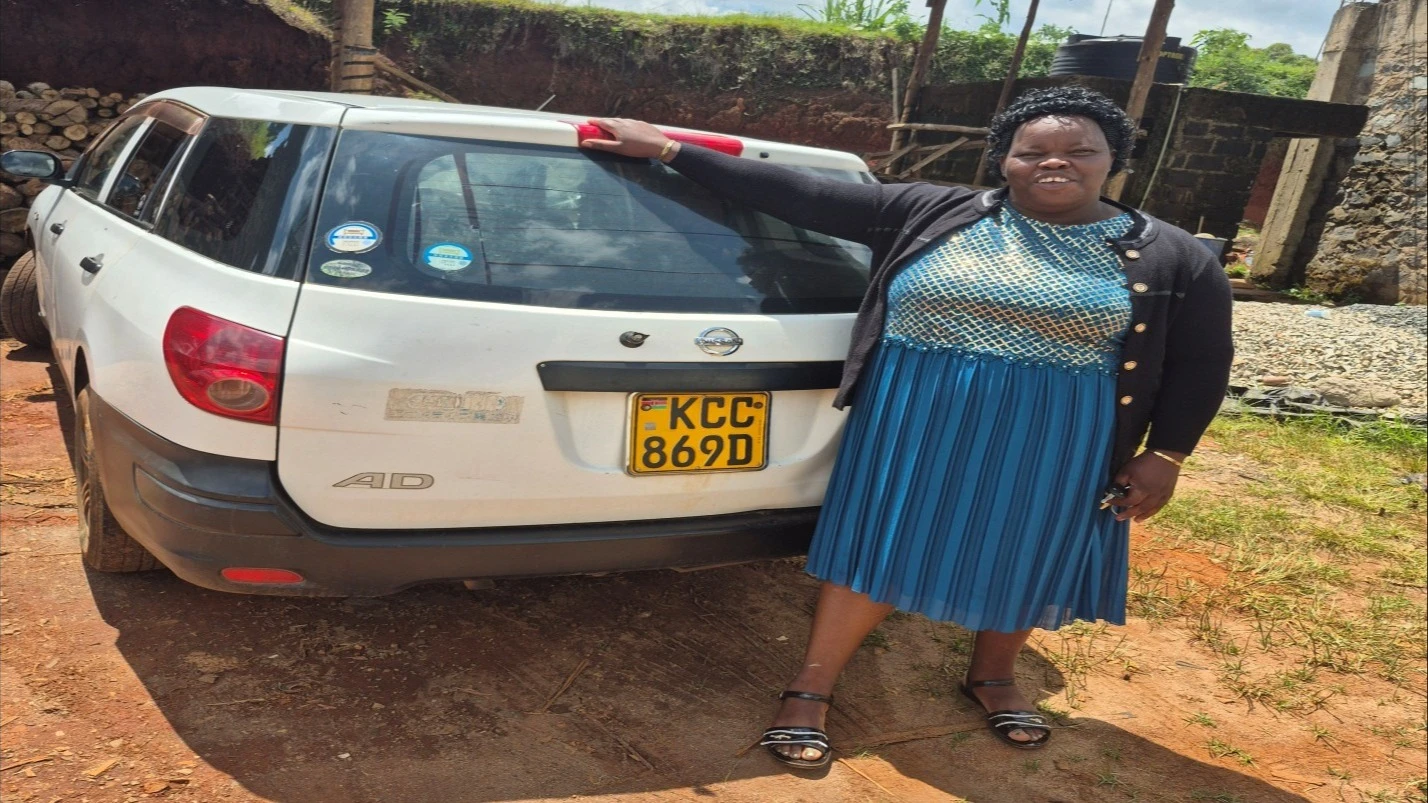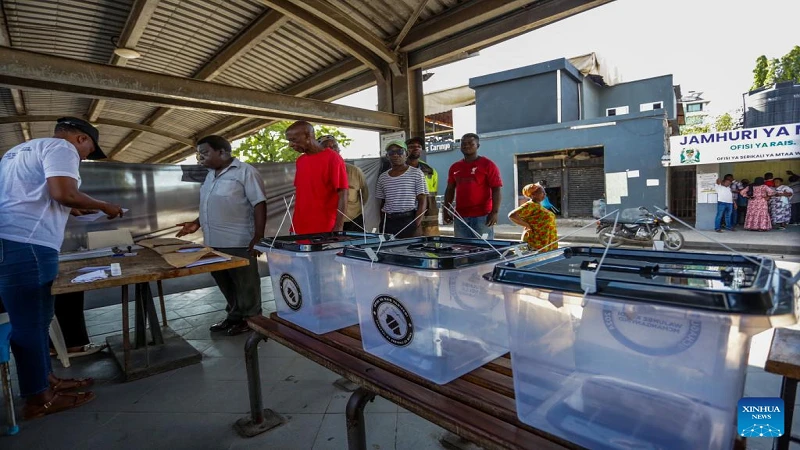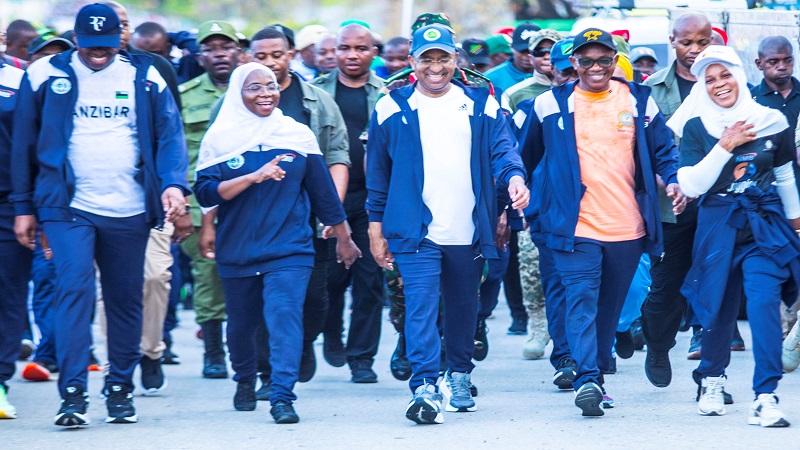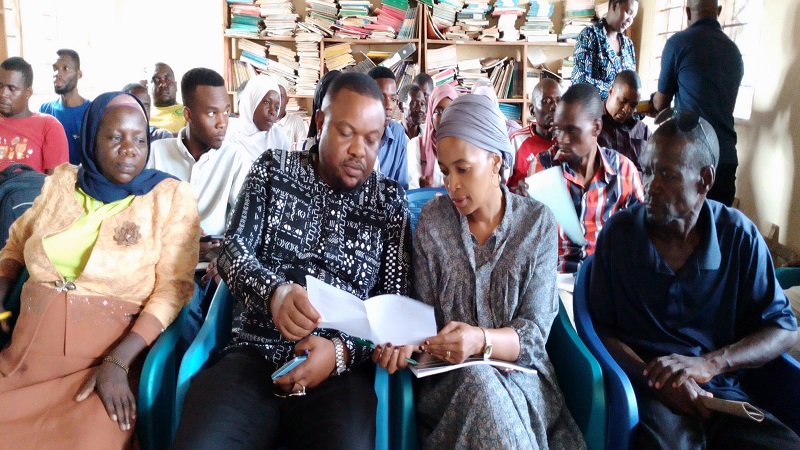Decentralization revolutionizing dairy sector in Kenya’s Murang’a County

ELEVEN years ago, Kenyans voted to decentralize government, ushering in a new era of leadership with 47 governors and their teams initiating economic projects to better the lives of people in their respective counties. Dairy industry is one of the sectors in Kenya which have benefited with devolution.
In November 2024, I visited Kangari United Dairy Cooperative Society Limited in Murang’a Country where efforts made by the County Governor improved raw milk prices and ultimately transformed the lives of dairy farmers in the area.
Founded in 2015, the Kangari dairy cooperative has a network of 1,500 farmers and its main focus is improving the economic, social and cultural status of dairy farmers through processing raw milk into vanilla and strawberry yoghurt.
According to Kangari Dairy Cooperative Chairman, Fimmuna Mugambi farmers are shareholders in the cooperative and among other things, they get dividends, a guarantee to borrow from banks for their diary projects and subsidy from the country government.
In 2022 Murang’a county government gave subsidy to Kangari United Dairy Cooperative Society Limited farmers.
Mugambi said before the cooperatives started farmers were selling a litre of milk at Kshs15 to middlemen who would transport them to Nairobi city. Through the initiative, the county leadership after the cooperative started raw milk prices went up to Kshs45 per litre.
Since farmers are shareholders in the cooperative, the value added after processing raw milk into yoghurt also benefits them because a litre of yoghurt fetches as much as Kshs200 thanks to the product processor purchased in 2017.
“Dairy farming has improved my life tremendously” says Parity Wangari a woman member of Kangari United Dairy Cooperative Society Limited in Murang’a county.
Wangari says before the cooperative was established she was selling only 10 liters of raw milk per day to middlemen each litre at Kshs15 but now she sales 180 liters per day at the price of Kshs45 per litre.
She elaborates” fifteen years ago I was getting only Kshs12,000 per month for selling milk but nowadays I receive Kshs243,000 per month which is equivalent to more than four million Tanzanian shillings.
She proudly said: “The money I earn from milk sells have enabled me to educate my children in private schools and now two of them have gone to university”. I have bought an acre of land for two million shillings (equivalent to 36 million Tanzanian shillings) two cars one for her personal use and the other for collecting animal feeds.”
“I stated buying a vehicle for collecting cattle feeds because we do zero grazing”, noted Wangari, adding “without feeding the cows properly and appropriately you cannot get the desired quality and quantity of milk.
Dairy industry is a baby of devolution in Muranga’ county and it was engineered by Wangi Wa Iria who was elected the county Governor on March 4th 2013 and reelected for the second term in 2017
“Having realized the potential of Murang’a County in diary industry, Governor Iria set up dairy union in the county and bought coolers using country government money” says James Gathong, an engineer in the industry.
He said the Governor had experience in the dairy industry as before elected he was the Chief Executive Officer of KCC, a company based in Nairobi city which sells milk products.
The engineer said Governor Iria’s efforts to transform the lives of dairy farmers in his country also transformed diary industry in entire Kenya because when the diary union in his country started paying raw milk at higher prices, farmers in nearby countries of Nyeri, Kiambuu and Nyadarua started agitating for better price and before long all the county prices for raw milk went up .”Indeed it was like a revolution”, Gathong said.
With more than 40 employees, Kangari Diary has invested in chilling machines, pasteurizers and coolers. At the factory, yoghourt processing is automated.
Milk requires top-notch hygiene levels due to its high perishability. After arriving at a diary center from the farm, a disc pump helps transfer it from cans to pasteurizers or from the boiler to storage tanks. The pump maintains milk quality and increases efficiency. Apart from transferring milk it can also be used during processing of yoghurt
Kangari Diary Chairman said the cooperative is grappling with storage and preservation challenges as the needed machines are expensive. However, he says, the future for the cooperative is bright.
Top Headlines
© 2025 IPPMEDIA.COM. ALL RIGHTS RESERVED

























